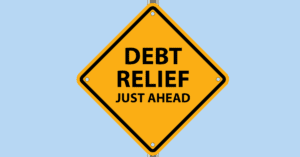Why not all debt is created equal


There are two distinct categories of debt which are not discharged or forgiven when a Canadian files for personal bankruptcy or makes a consumer proposal:
- Secured debt
- Non-dischargeable debt
A secured debt is a debt where the creditor has some security or collateral it can look to if a debt is not repaid. The most common examples are mortgages and liens arising from the purchase or lease of an automobile. None of a consumer’s secured debts are eliminated when he files for personal bankruptcy or makes a consumer proposal to his creditors.
Furthermore, there is a miscellaneous category of debt—non-dischargeable debts—which are not discharged or forgiven when a Canadian files for personal bankruptcy or makes a consumer proposal. This includes child support and spousal support obligations, as well as unpaid government fines, and civil judgments involving fraud. Finally, student loans are not discharged if the consumer files for personal bankruptcy or makes a consumer proposal less than seven years after ceasing to be a full-time student.
Contact Rumanek & Company Ltd. for more information on bankruptcy and debt solutions. Or please fill out the free bankruptcy evaluation form. To learn more please visit our YouTube Channel. Rumanek & Company have been helping individuals and families overcome debt for more than 25 years.




